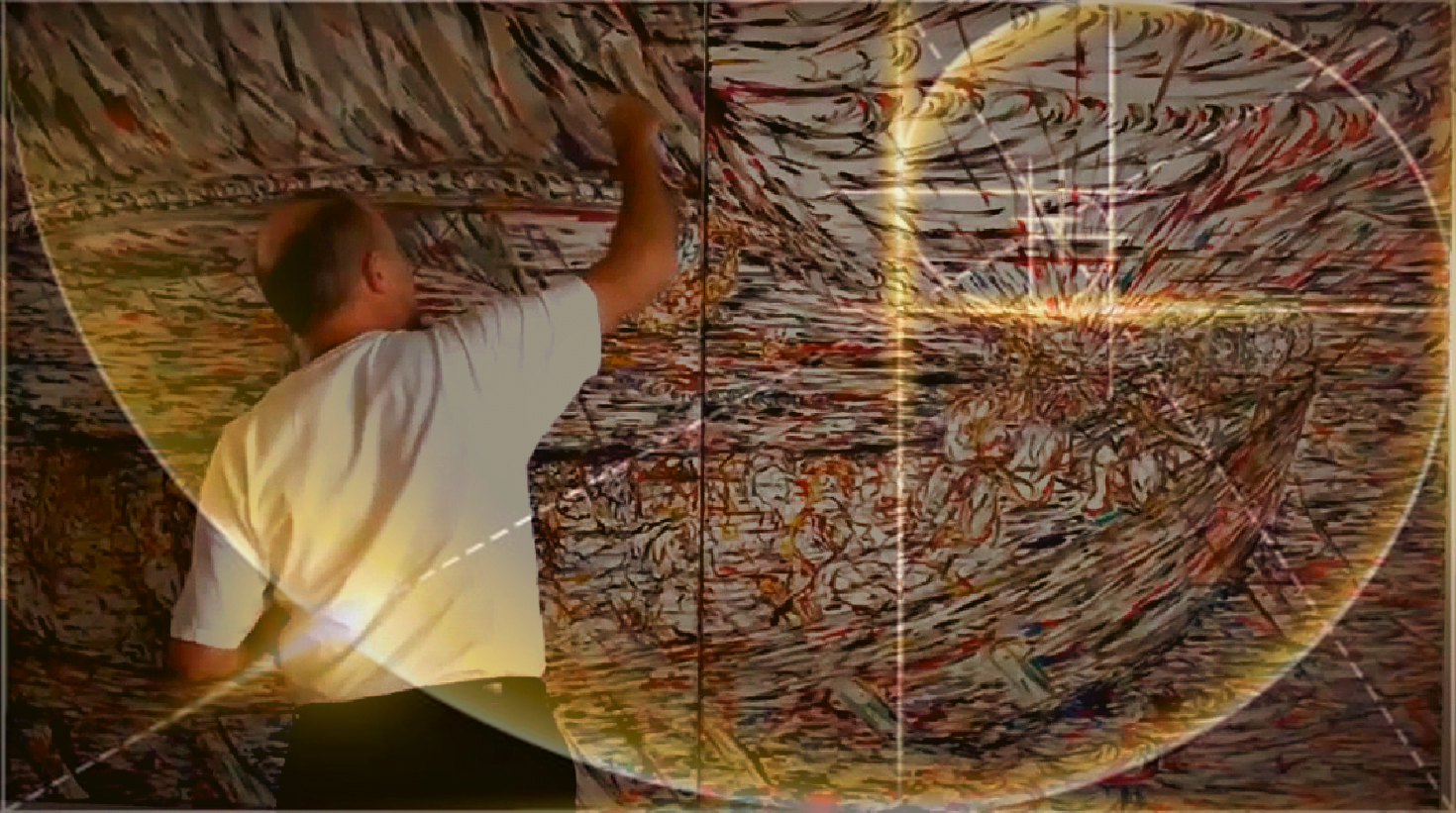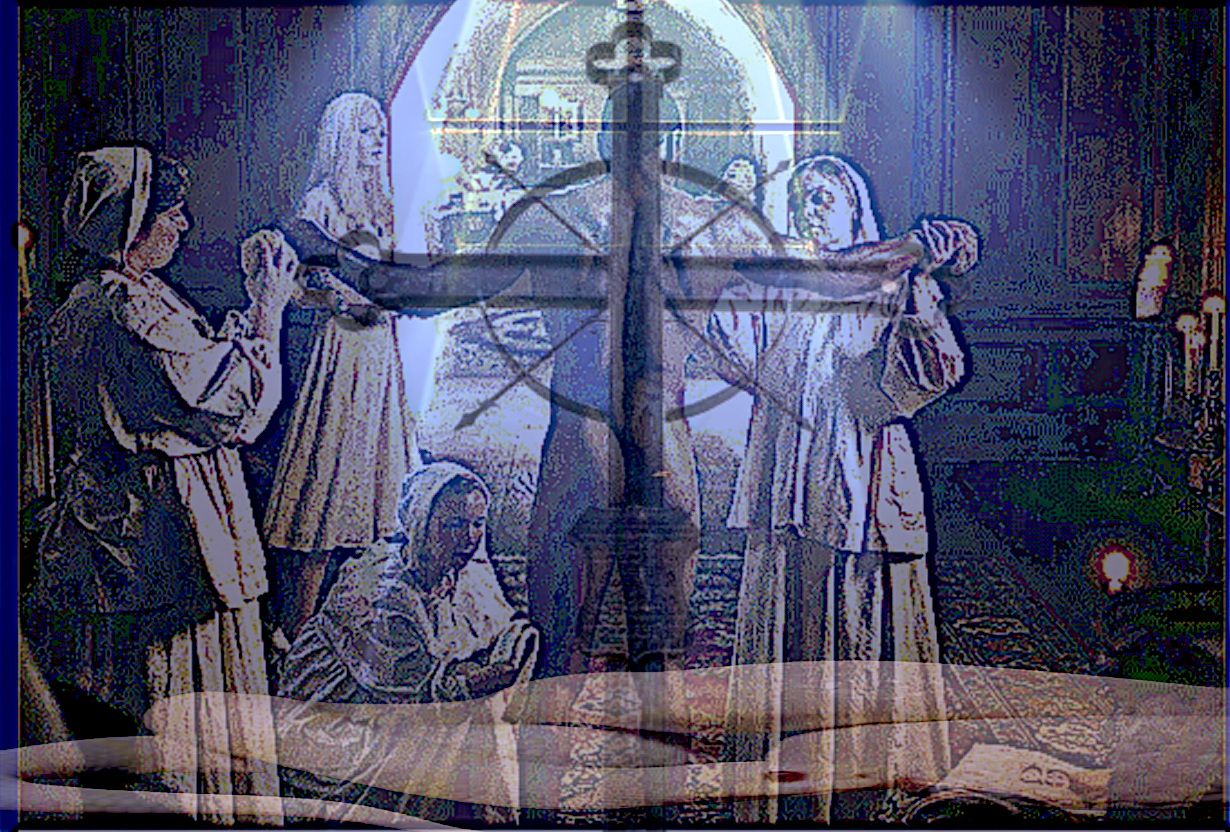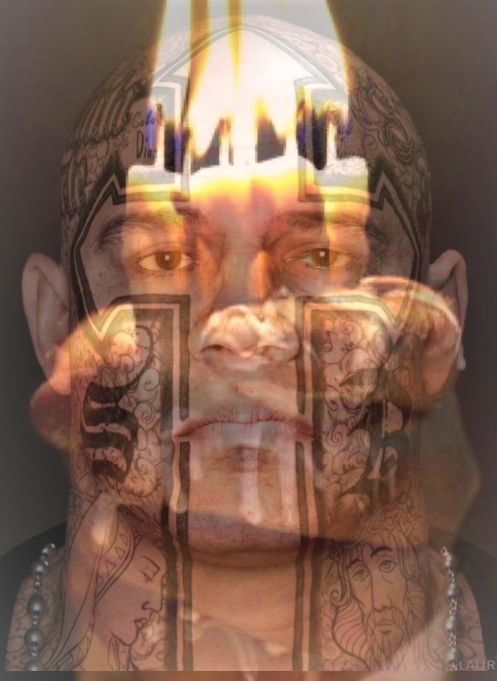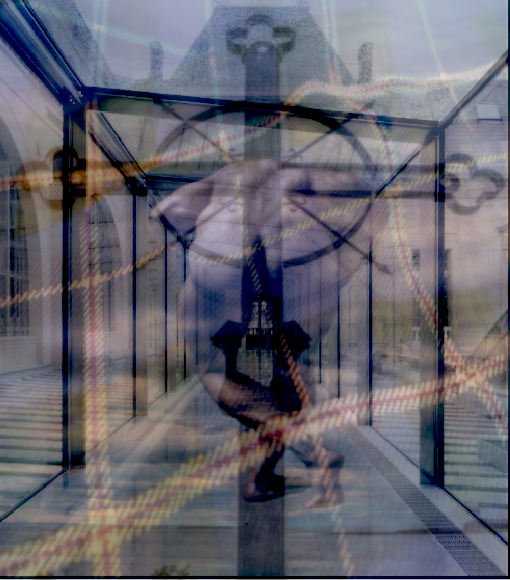Academic power relations in Atlantic Canada.
social science of partisan political patronage in Atlantic Canada is endemic in East Coast Music Awards, FANE, Fecane, CMA2024, Societe de Les Acadian CTV Atlantic Saltwire, known locally as the Salty Dick media and its dead boring Chronically Horrid,

Academia relational power of the Atlantic Canadian social and political Society
The social science of partisan political patronage in Atlantic Canada is endemic in East Coast Music Awards, FANE, Fecane, CMA2024, Societe de Les Acadian CTV Atlantic Saltwire, known locally as the Salty Dick media and its dead boring Chronically Horrid, as well as every single university in all of the Atlantic Canadian cultural gulag social structure.
Buddies and cronies appoint like-minded partisan buddies to run the bases of power in Government-funded, self-serving Zombie corporations.
Dying Power Differentials in Dull Sociology Power relations
All part of the centuries-old perpetuation of a closed, Insular, culturally inbred society where everyone is related or knows someone who can help them get ahead politically and economically via social institutions and the coercive power they yield.
Low democratic accountability in the Atlantic Canadian Academia reinforces status quo power relationships while creating an unequal playing field for anyone trying to break into the exclusive club of straight white Anglo or bi-lingual roman catholic Franco Cajun.
Shifts in the tectonic plates of social and cultural power relationships in Honky Maritime neighbourhood
Halifax has nothing again against French Acadians, provided they know their place in their socio-cultural and socio-economic ghetto. There is never a mention of French Acadian culture on CTV Atlantic .ca, let alone a word of Frenchie on's formulaic cookie-cutter, dog, and pony news for straight Anglo seniors.

Except for August 15th, when the Dog and Pony Jive at Five show says it's the French Acadian Day, there has been nothing for 364 days, making Acadians the most underrepresented ethnic minority in the province.
There is no need to point out the 1969 law on the rights of the French language because they don't give a sweet flying "beep"; they don't, there for the paycheck and hearing themselves speak rhetorical Datastraight out of the Orwellian world from of power.
In French Acadian culture, the exercise of power enemy is within, with 12 ruling oligarch cliques. Politically connected and promoting French Acadian artists, providing they are straight and musicians only. With no mention or promotional support to visual artists, let alone a Queer Asperger like Claude Edwin Theriault @ MBF-Lifestyle East Coast entering the Binance platform of money to deploy his NFTs
True nature of two-faced mask-wearing nature of social dominant power relations
They are currently using 20 years of social media management and SERP/SEO skills to speak out on the endemic ghosting those bastards do with a straight face until it all ends up on the first page of Google and read by all kinds of people all over the world who share the same social and environmental ghetto.
Hence the term Mississippi Acadie Goddam.

There are more than 7 million dollars toward the CMA2024 and nothing to show, for it smells of Bernadette Jordan bait and switch by burocrates who think they can do what they want until you call them out as the new secret society of Jacques Cartier, where the enemy is now within la Tour de Charles D'Aulnay.

The Fecane has a president who can only say two sentences in French without defaulting to English and is a French Acadian. Still, hey, he plays guitar in a one-hit-wonder band that won an ECMA because there were no other choices, and Halifax had not handed out one of those milk bones to the French Acadian shore ghetto since Blow Job Blu won way back when.
The Dalhousie Dental School Gentleman's Club has a private DDS 2015 Fake Book group where they spoke of Hate rape and could not understand what all the fuss was about; since it was their group of straight white entitled men. Jive at Five did an under-rug sweep to help their Dalhousie University buddies out of a gosh darn golly jam.
The power relationships of Atlantic Canada continue to privilege certain families and friends. At the same time, it entrenches a culture of exclusion and inadequacy for those looking to break into this exclusive club. The lack of democratic accountability in institutions such as universities, media outlets, music awards ceremonies, and other organizations further perpetuates the entrenched systems of patronage and privilege.
If we want to challenge these power relationships and create an equal playing field for all members of society, we must work to break down these barriers.
And ensure accountability at all levels in the new Web 3.0 world plowing under old entrenched Web 2.0 Honky Chateaus.
All communication with these people remains unanswered because they do not have to. Everyone covers their politically correct arse; however, their walking vaginal monologue with sphictorial personalities are showing hence the callout for them to do their job, be accountable, and deliver inclusion of a change.

It is apparent that the tight-knit, chubby, clubby cliques and clan nature of politics in our gosh darn golly friendly squiggly diggly wiggly Maritime Atlantic Canada neighbourhood need to change their phoney song and dance number. This embalmed in the wakeful state has been detrimental to the people living in the hard times in the "beep " suckin' Maritimes ghetto for quite some time. Remember, people with nothing to lose have nothing to fear.
Fifty-five years ago, it was time for juniors; now it's news for seniors since the 25-year-old and below demographics have had their attention high-jacked by an A. I have a chatbot in China called TikTok.
And yet, despite this knowledge, more needs to be done to counteract the Partisan political patronage, FANE, Fecane, CMA2024, Societe de Les Acadian institutions, and media outlets like CTV Atlantic and Saltwire. Local straight-white Anglo media is more preoccupied with catering to their interests than having an effective dialogue with those they purport to represent.
We can have a community in which artists are judged on the merit of their work instead of whose trousers they have their hand in.
If the people of Atlantic Canada wish to move away from such a shameful state of affairs, they must oppose these backward practices or allow them to remain firmly in place.
Even the ghosting racism of artist Claude Edwin Theriault can not undo what has been done in this part of Canada, where Insular kinship and favouritism still reign supreme. Despite these behaviours being unacceptable in any century, ignorance towards them will continue unless tangible action is taken by those vested in using woke dialogue. To create real change, as opposed to the same as it ever was mundaneness of local media and powers that be.
In what is essentially a community of friendly, amicable Atlantic Canadian people, being treated like they don't matter and not at all part of Inclusion Nova Scotia until you Bitch loud enough from the first page of Google.
A culture that continually looks back on its past will never move forward.
What does power do to a person?
Equal power can make us stronger, more assertive, and capable of achieving even greater success. On the other hand, power over others can also be a dangerous force that goes unchecked and causes people to become arrogant and careless. Sadly, this is an example of the political power and authority leadership in Atlantic Canada in recent years.
From personal experience, I've seen how those given too much power forget about the people they serve, like the heritage and Patrimonial bastards who run Zombicadian culture, and neglect their duty as public servants.
This behaviour perpetuatesZombicadian culture because there are no checks on power; they don't have to answer to anyone, so they don't answer emails. Nathalie Robichaud looks through you in public as if you are not even there. You speak to Daniel Ldeblanc. He doesn`t talk back.

Meanwhile, those around them with little or no say in their government are left voiceless and powerless due to increasing inequality between wealthy elites controlling all policy decisions from behind closed doors. At the same time, wages stagnate for everyday citizens with little hope for upward mobility soon.
We must be careful not to let power go unchecked lest it become something far worse than just an issue faced by Atlantic Canadians over recent years. We must strive for more balanced governance models globally so that those affected by decisions made at the top levels always have some recourse should these decisions not truly benefit society as a whole.
Why do people abuse power?
Significant power plays and ego can lead to a sense of entitlement or authority over others, so it's no surprise that people often abuse their role of energy when they gain access to it. This is especially true in places like Atlantic Canada, where specific individuals are empowered with more control and influence than the average person.
One reason why people abuse power is that they want recognition and validation from others. They may also feel their elevated status gives them the right to do whatever they want without consequence, allowing them to override any other individual’s rights and wishes without being held accountable for their actions. People with access understand that power can be complex because they don't consider the consequences of their actions or think twice about taking advantage of any social interaction situation that allows them further personal gain.
In addition, abusers of power tend to use fear tactics on those beneath them to maintain control by creating an atmosphere of intimidation and terrorizing those around them into submission. Powerless members of society who have experienced such harsh punishment often become scared and disheartened at challenging those above them due to a lack of resources, further entrenching inequality between classes or social structures within a given population.
Finally, it's essential to recognize how unchecked privilege gives way to these abuses since social entitlement comes from years upon years worth of systematic discrimination based on things like gender, race, or class status. As a result, this only adds more fuel for an already blazing fire--creating what feels like an almost impenetrable fortress made up of reinforced walls built by generations worth of institutionalized oppression that continue today, even if some are unaware of its constant presence through various means including bias against groups (i.e., racist remarks) or mass incarceration among other topics related to this issue. Altogether, this creates an environment where many don’t have the ability nor awareness needed to challenge anything higher up in rank, leaving one vulnerable yet again as soon as another person with access gains leverage once. The cycle repeats itself once more, thus pushing forth injustice while keeping inequality alive & well until someone takes action pause. This shows why people should not take lightly when giving anyone agency lest we forget history teaches us that the same tragedies will continue unless something changes to break the vicious cycle before it's too late.

FAQ:
What are academic power relations in Atlantic Canada?
Academic power relations in Atlantic Canada refer to the dynamics and structures that influence decision-making and governance within universities and research institutions. These relations often reflect broader societal structures, impacting who holds influence and how policies are formed.
How does political patronage affect the social dynamics in Atlantic Canada?
Political patronage in Atlantic Canada shapes social dynamics by establishing networks of influence where personal connections outweigh merit. This practice can limit opportunities and promote inequality, creating barriers for those outside established networks.
Why is media concentration a concern in Atlantic Canada?
Media concentration in Atlantic Canada is a concern because it may lead to biased reporting and limited diversity of perspectives. Such concentration can perpetuate certain power structures and socio-political agendas, influencing public opinion and societal discourse.
What role do awards and cultural events play in regional political power structures?
Awards like the East Coast Music Awards and cultural events often reflect and reinforce existing political power structures in Atlantic Canada. They can serve as platforms for those in power to showcase preferred narratives and promote particular cultural or social agendas.
How can one identify and address power imbalances in Atlantic Canadian academia?
Addressing power imbalances in Atlantic Canadian academia involves recognizing exclusionary practices and advocating for transparency and diversity in leadership roles and decision-making processes. Promoting accountability and equitable participation are key steps in mitigating these imbalances.
How does the cultural landscape influence power relations in Atlantic Canada?
The cultural landscape in Atlantic Canada influences power relations by highlighting certain traditions while marginalizing others. This can affect the visibility and support of diverse cultural expressions and influence the socio-political power dynamics within the region.
What steps can be taken to promote equitable power distribution in Atlantic Canadian institutions?
To promote equitable power distribution, institutions should implement fair hiring practices, foster inclusive environments, and ensure diverse representation in leadership. Encouraging open dialogue and accountability can also help redistribute power more fairly.

